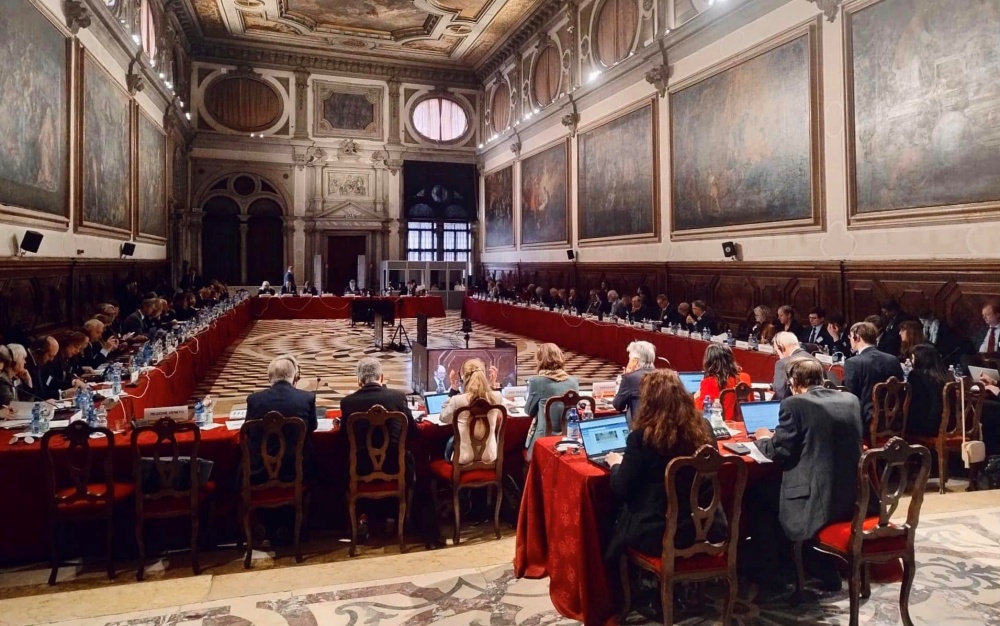
An unprecedented violation of the law was detected.Continue reading

The Venice Commission, the 46-member Strasbourg-based Council of Europe body of constitutional law experts, announced on Tuesday that it had examined the main elements of the Hungarian law on the protection of sovereignty, in particular the ban on foreign funding of election campaigns, and the creation and operation of the Sovereignty Protection Office.
In a recent press release, the Venice Commission announced that it had issued an opinion questioning the legal basis of the Sovereignty Protection Office as a defender of “constitutional identity.” “In a democratic state, the threats identified by the justification of the law are generally addressed through the state institutions, which through the courts and law enforcement authorities, provide guarantees of interference in the exercise of fundamental rights,” they stated.
The Sovereignty Protection Office should not interfere with the constitutional powers of courts and law enforcement authorities, and therefore, as the body highlights,
the Venice Commission does not see the need to create such an office.
They also note that the law does not provide sufficient guarantees for the independence of the office. As a “state administration body” whose presidents and vice-presidents are appointed and dismissed by the executive, “the office cannot be considered independent,” they wrote. In their view, the Office has “extremely broad and vaguely defined” powers, as it can interfere in the private life of any legal or natural person. “There is therefore a great risk that the establishment and activities of the office will have a negative impact on free and democratic debate in Hungary,” they said.
The politician also explained that the Office, like the Ombudsman, investigates individual cases and its main tool is publicity: it publishes the results of its investigations on its website. The Office is not a national security service or an investigative authority, and the report resulting from its investigations has no legal consequences, nor does it impose sanctions or other legal consequences on the person under investigation.
The Strasbourg-based body noted in its assessment that measures such as restrictions on foreign funding of political parties and election campaigns are in principle in line with international practices and standards. However, they stressed that the provisions of the law extend beyond election campaigns to broader political activity and campaigns for social change, and that the rationale and need for such a broad approach “has not been demonstrated by the Hungarian authorities.”
The part of the law that extends the prohibition on the use of foreign funding was found to be compatible with international standards, but only with the modification of exceptions to the new restrictions and more precise definitions.
The Council of Europe constitutional experts have made recommendations to repeal the chapters of the Law on the Protection of Sovereignty that relate to the establishment of the Office. They also recommend a more nuanced definition of “foreign funding,” and a more precise definition of prohibited activities and their foreign funding in the new provisions of the electoral law, for instance, by limiting the prohibition to funds received within a certain period before the elections.
Via MTI, Featured image: Facebook/Orbán Balázs